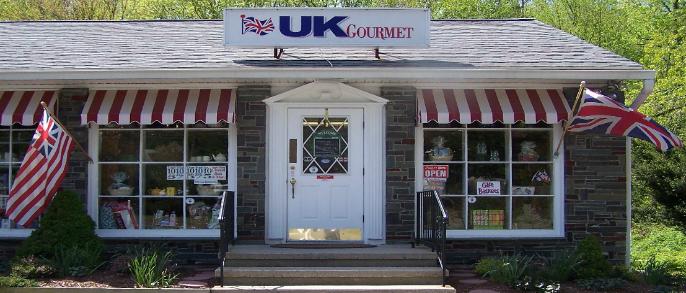 Looking for online sources about good customer service, I clicked to the Extra Mile Scotland website, which posts stories by people who've been delighted by superior service throughout the country.
Looking for online sources about good customer service, I clicked to the Extra Mile Scotland website, which posts stories by people who've been delighted by superior service throughout the country.The site is run by two professionals with extensive travel and tour experience. You can 'Ask Dougal' a question about where to find something or what time of year is best to visit a particular region of Scotland. The site includes a blog with comments about all aspects of travel in Scotland.
I read through a number of glowing recommendations of hotels, restaurants, and tour guides that went out of their way to offer special service in the comments pages. The site will accept negative reviews and even threatens to post such comments (although I couldn't get the "bad stuff" part of the site to load today, for some reason).
Extra Mile also warns:
If you think that, say, this is the place to promote your cousin’s tea-shoppie in Cowdenbeath or anywhere else, then we’ll be on your case. Oh yes, we’ll be checking.







